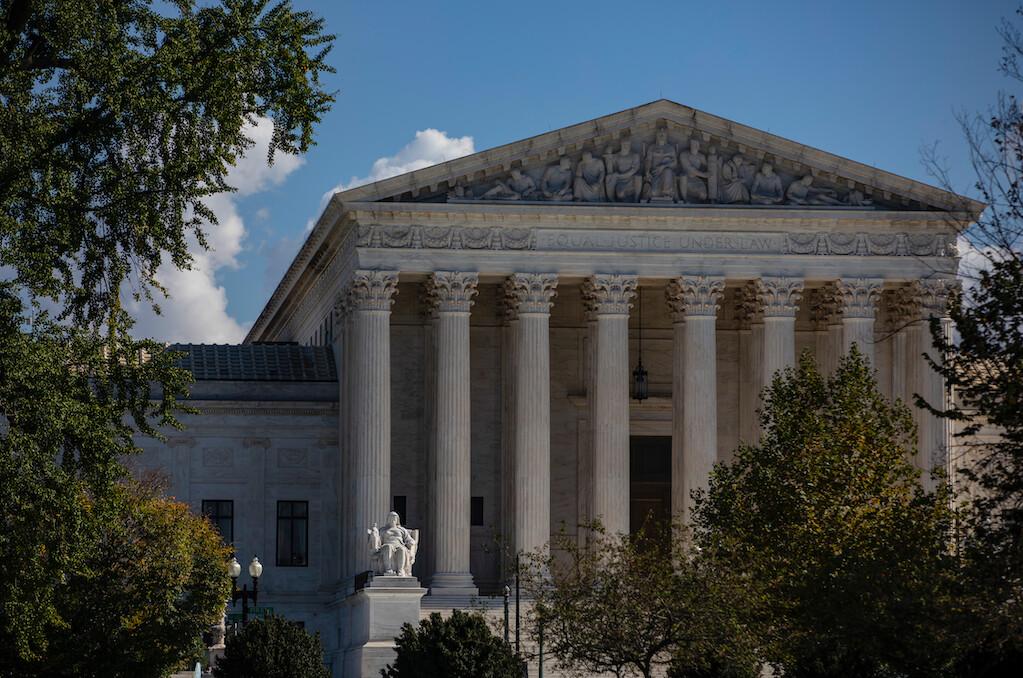Pennsylvania Republicans have filed a second emergency request with the U.S. Supreme Court in the hope of undoing a state Supreme Court ruling that forces Pennsylvania election officials to accept mail-in ballots received up to three days after Election Day.
Pennsylvania is among the most hotly contested states for the Nov. 3 presidential election. President Donald Trump won the state in 2016 by 44,292 votes out of more than 6 million cast. He secured 48.2 percent of the popular vote in the state, beating Democrat Hillary Clinton, who won 47.5 percent, according to Ballotpedia.





